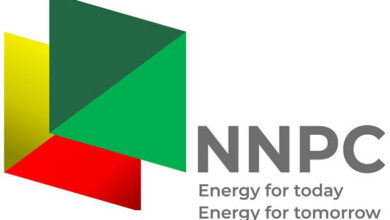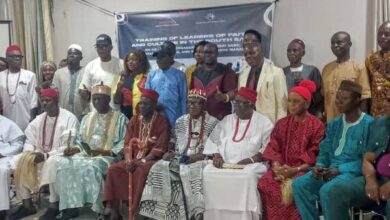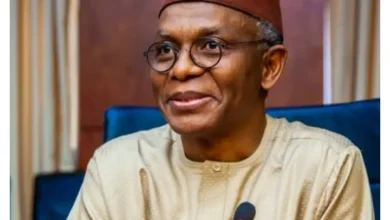EFCC presents first witness in money laundering case against Sierra Leonean

Lagos, Nigeria —The Economic and Financial Crimes Commission (EFCC) has begun prosecuting Alhaji Ahmed Shaw, a Sierra Leonean national, for allegedly failing to declare $90,000 upon arrival at Murtala Muhammed International Airport. On Tuesday, April 15, 2025, Danladi Ibrahim, an NDLEA operative, testified as the first prosecution witness before Justice D.I. Dipeolu at the Federal High Court in Ikoyi.
Authorities arrested Shaw on March 3, 2025, after NDLEA officers intercepted him during a routine check. Subsequently, the NDLEA transferred him to the EFCC on March 5 for further investigation. Later, on April 3, 2025, the EFCC arraigned him on a one-count charge of money laundering under the 2022 Money Laundering Act for evading customs declaration.
During the trial, Shaw pleaded “not guilty,” prompting Ibrahim to recount the arrest. He stated, “On March 3, 2025, at MMIA’s arrival hall, I stopped Shaw, who arrived from Sierra Leone. After inspecting his luggage, I discovered the concealed cash.” Additionally, Ibrahim confirmed that Shaw claimed the money was for business but failed to provide documentation.

Meanwhile, the defense challenged the admissibility of the NDLEA transfer note, arguing Ibrahim did not author it. Consequently, the prosecution withdrew the document, but the court admitted Shaw’s statement and the $90,000 as evidence. Under cross-examination, Ibrahim explained that Shaw’s suspicious responses during profiling triggered further scrutiny.
Justice Dipeolu adjourned the case until May 7, 2025, allowing the trial to proceed. This case underscores Nigeria’s intensified efforts to combat money laundering and enforce financial compliance. Furthermore, the EFCC reaffirms its dedication to prosecuting financial crimes, ensuring offenders face justice.
As the trial progresses, authorities remain vigilant in upholding financial integrity. Shaw’s case highlights the EFCC’s broader mission to deter illicit financial activities and strengthen regulatory enforcement. Ultimately, the outcome will set a precedent for future prosecutions under Nigeria’s anti-money laundering laws.
Post Views: 40





